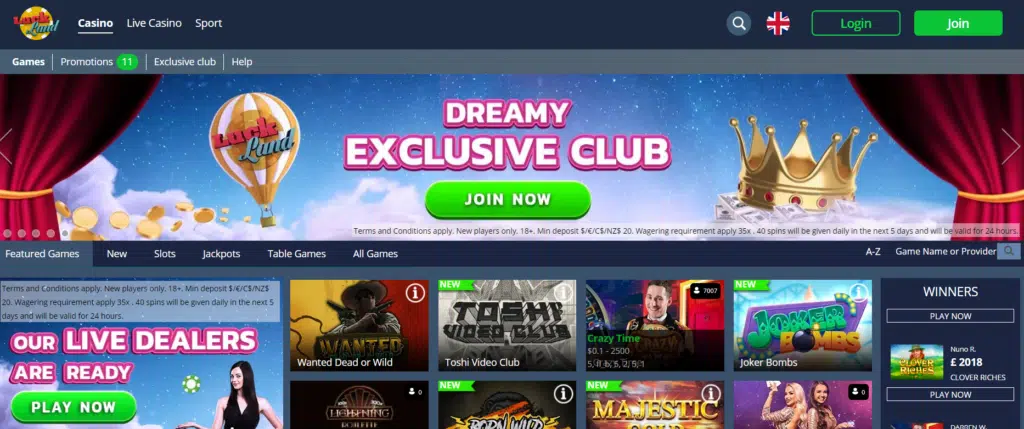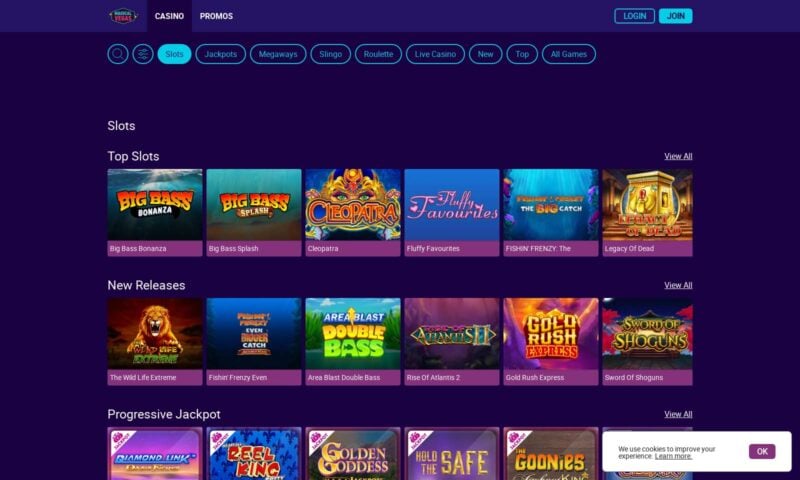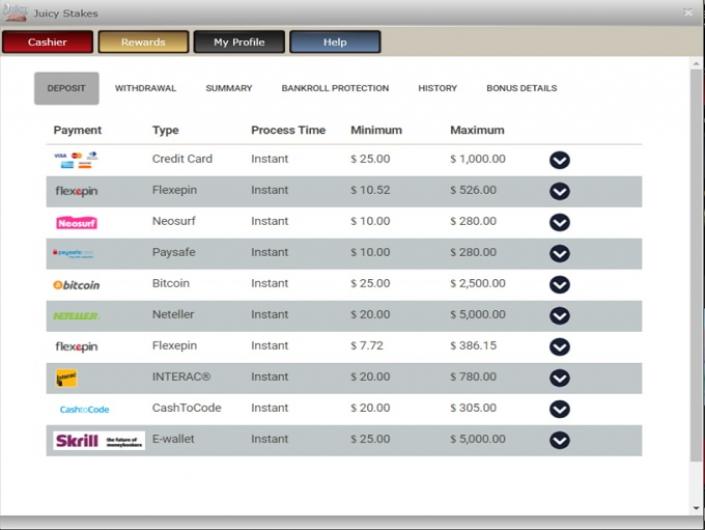- Feathers, Fortune, and Fair Play: Can You Trust the 98% RTP of Chicken Road and Is Chicken Road Legit for Real Wins?
- Understanding the Gameplay and Features
- The Significance of the 98% RTP
- Delving Deeper into RNG and Fairness
- Investigating Legitimacy Concerns and Player Experiences
- Navigating the Risks and Making Informed Decisions
. . .
Feathers, Fortune, and Fair Play: Can You Trust the 98% RTP of Chicken Road and Is Chicken Road Legit for Real Wins?
The world of online gaming is constantly evolving, with new and innovative titles emerging regularly. Among these, “Chicken Road,” a single-player game developed by InOut Games, has been gaining attention. Boasting a high Return to Player (RTP) of 98%, the game presents a unique and potentially rewarding experience for players. But the question many are asking is, is chicken road legit, and can players genuinely expect fair play and reliable payouts? This article delves into the intricacies of Chicken Road, exploring its gameplay, features, RTP, and investigating the legitimacy concerns surrounding it.
Chicken Road offers a simple, yet engaging premise: guide a chicken across a perilous road towards a golden egg while avoiding obstacles and collecting bonuses. While the concept may seem lighthearted, the game’s four difficulty levels – easy, medium, hard, and hardcore – introduce escalating challenges and potential rewards, adding a layer of strategic depth. The increasing risk of “getting fried” as the levels intensify necessitates careful decision-making and a touch of luck. But for many, the fundamental question remains – is this game a legitimate avenue for potential winnings or simply a cleverly designed entertainment experience?
Understanding the Gameplay and Features
Chicken Road differentiates itself from many online games through its singular focus on a single-player experience. This means there’s no interaction with other players, and the outcome is entirely determined by a combination of player skill and the game’s random number generator (RNG). The core gameplay involves navigating the chicken across a series of increasingly difficult roads. Players select a difficulty level and attempt to reach the golden egg without encountering hazards, such as speeding cars or collapsing bridges. Collecting bonuses along the way can increase potential payouts.
The escalating difficulty levels dramatically affect the risk-reward ratio. The easy mode provides a more relaxed and forgiving experience, while hardcore mode demands precise timing and strategic maneuvering to survive. Each level introduces new challenges, requiring players to adapt their strategies. The simplicity of the mechanics is deceptive, as mastering Chicken Road requires understanding the nuances of each difficulty setting and knowing when to push for higher risks for greater potential gains. The game’s charm combined with escalating difficulty create a compelling loop for many players.
| Easy | Low | x2 – x5 |
| Medium | Moderate | x5 – x10 |
| Hard | High | x10 – x20 |
| Hardcore | Very High | x20 – x50 |
The Significance of the 98% RTP
One of the primary talking points surrounding Chicken Road is its advertised 98% Return to Player (RTP). In the online gaming world, RTP represents the percentage of all wagered money that a game is statistically expected to pay back to players over an extended period. A 98% RTP is exceptionally high; most online slots, for instance, typically have RTPs ranging from 92% to 96%. This significant figure naturally sparks curiosity and raises questions about the game’s fairness and profitability for both players and the developer.
However, it’s crucial to understand that RTP is a theoretical value. It doesn’t guarantee that every player will receive 98% of their wagers back, or even consistent wins. RTP is calculated over millions of spins and represents a long-term average. Individual session results can vary dramatically due to the inherent randomness of the game. Despite this, a high RTP suggests a more favorable mathematical structure for players compared to games with lower RTPs. Understanding the statistical implications of RTP is essential when evaluating the legitimacy of any online game.
Delving Deeper into RNG and Fairness
The fairness of any online game hinges on the integrity of its Random Number Generator (RNG). The RNG is the algorithm that determines the outcome of each game round, ensuring that results are unbiased and unpredictable. A reliable RNG is crucial for preventing manipulation and ensuring that players have a genuine chance of winning. A key component to establish is chicken road legit, rests heavily on the transparency of the RNG system and whether it’s independently audited by a reputable third party.
Without access to the source code and independent verification, it’s difficult for players to definitively assess the fairness of the RNG. Reputable game developers typically submit their RNGs to independent testing agencies, which issue certifications confirming that the RNG meets industry standards for randomness and fairness. The lack of publicly available information about RNG testing for Chicken Road raises concerns among some players and highlights the importance of seeking out games with verified RNG certifications. Prioritizing games with verifiable fairness measures demonstrates responsible gaming practice.
- Look for games audited by independent testing agencies like eCOGRA or iTech Labs.
- Check for publicly available RNG reports and certificates.
- Research the developer’s reputation for fairness and transparency.
Investigating Legitimacy Concerns and Player Experiences
While the 98% RTP is alluring, a fair number of players have voiced concerns regarding the legitimacy of Chicken Road. Reports online describe difficulty withdrawing funds, accusations of manipulated results, and a general lack of transparency around the game’s operation. Several users have stated they suspect the game’s mechanics favor the house despite the claimed RTP, leading them to question is chicken road legit. These claims, while anecdotal, underscore the critical need for caution when engaging with any relatively new or unproven online game.
The lack of widespread availability (the game isn’t found on major online casino platforms) also contributes to skepticism. Most established online casinos undergo rigorous licensing and regulatory scrutiny, which includes thorough vetting of the games they offer. The limited availability of Chicken Road, coupled with the aforementioned player concerns, is a tangible warning sign. Due diligence is paramount before investing any funds into a game with limited oversight and unverified claims.
- Research online forums and communities for player feedback.
- Read reviews from independent gaming websites.
- Verify the developer’s background and reputation.
- Exercise caution when playing on unfamiliar platforms.
Navigating the Risks and Making Informed Decisions
Ultimately, deciding whether or not to play Chicken Road, or any online game for that matter, is a personal one. The advertised 98% RTP is undeniably attractive, but it should not be the sole basis for your decision. Given the reported concerns and the limited information available, approaching this game with a healthy dose of skepticism is prudent. It’s vital to remember that no game guarantees consistent wins, and the allure of a high RTP can be misleading if the overall gaming experience lacks transparency and fairness.
If you do choose to play, treat it as a form of entertainment rather than a guaranteed income stream. Set a budget, stick to it, and never wager more than you can afford to lose. Prioritize games from reputable developers with verified RNG certifications and a solid track record of fair play. Be vigilant, research thoroughly, and always prioritize responsible gaming practices. Understanding the risks and making informed decisions are the cornerstones of a safe and enjoyable online gaming experience.








